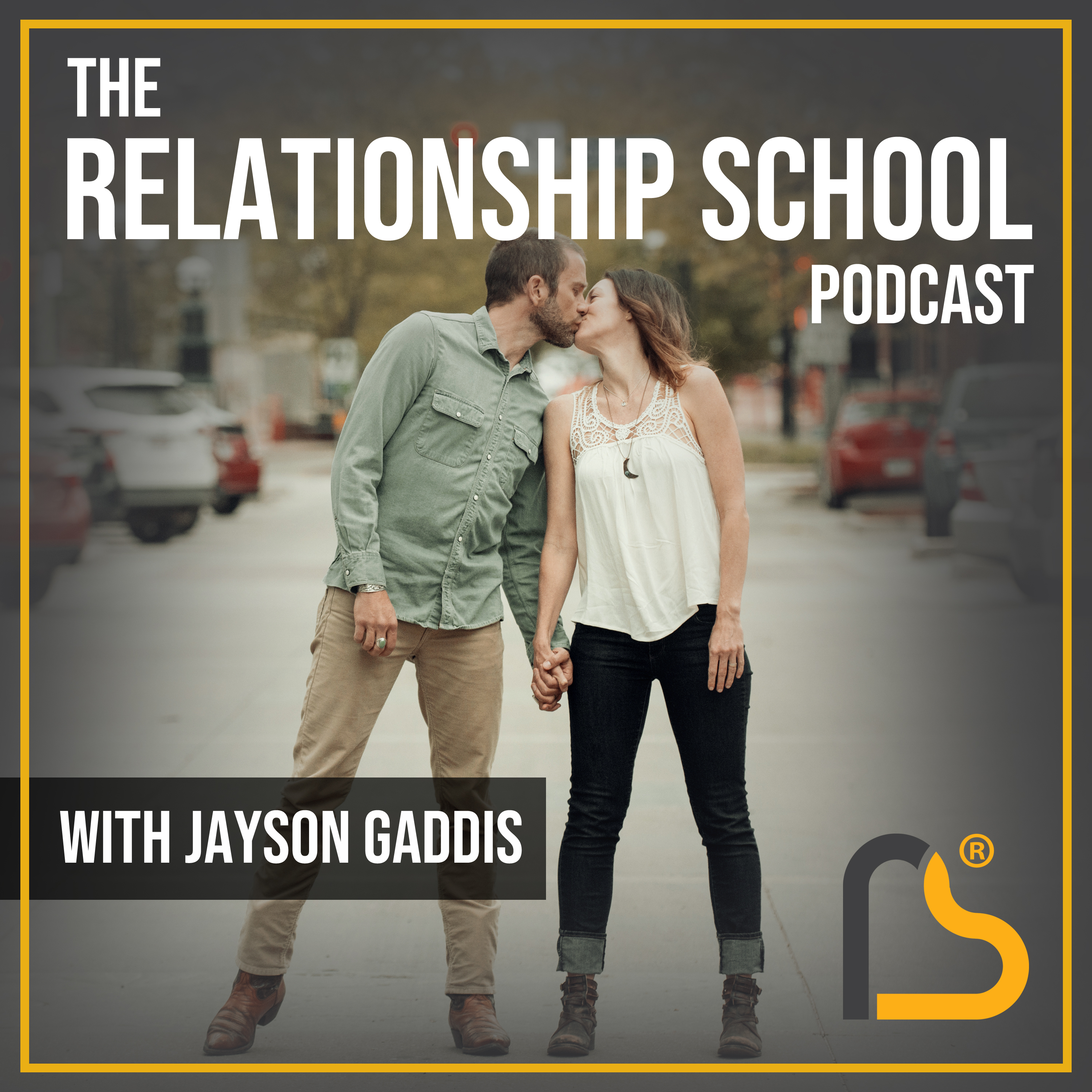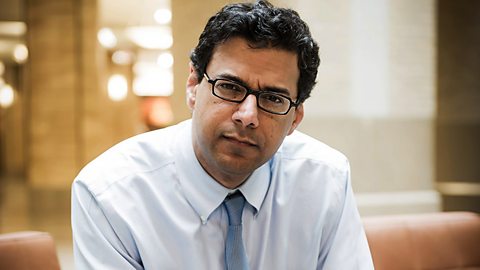Introduction
| In August 2017 I bought ‘The Body Keeps the Score’, a book by Dr Bessel van der Kolk. It has had – and still has – a massive impact on how I think of myself, my Self and my place in the world. As a result, I’ve come to understand that whilst talking therapy is very useful, it complements other body-oriented, somatic treatment modalities. I may write a future post about with materials I value relating to Dr Bessel. For now, I’m posting links to a series of podcasts I’ve been listening to over the last 5 months or so. |
 |
The Relationship School Podcast
Hosted by Jayson Gaddis, he describes the Relationship School Podcast as:A trail blazing relationship podcast promoting unconventional monogamy and marriage--where we teach you how to fight well, master communication, and take your marriage to the next level without compromising your business, family, or integrity.
 I’ve listened to these podcasts more because of the people being interviewed, rather than the subject matter per se. Many of the interviewees make appearances in 'The Body Keeps the Score'.
I’ve listened to these podcasts more because of the people being interviewed, rather than the subject matter per se. Many of the interviewees make appearances in 'The Body Keeps the Score'.Therefore my own study has greatly benefitted from the insights these scientists and practitioners share. Common themes are trauma and its healing; attachment theory; the physiology of emotion; and Interpersonal Neurobiology
In the sections below, I've used text from the podcast listings to summarise the content.
3 Things Bessel van der Kolk Did To Help Him Through His Recent Trauma – SC 191
A new study shows child abuse should be considered the second largest cause of illness in the U.S.. And yet, our diagnostic system ignores trauma completely. Listen to what trauma expert Bessel van der Kolk has to say about that and get his insight into turning traumatic pain into personal power!
https://relationshipschool.com/podcast/3-things-bessel-van-der-kolk-did-to-help-him-through-his-recent-trauma-bessel-van-der-kolk-sc-191/
Interpersonal Neurobiology – Dan Siegel – SC 158
If you really want to understand interpersonal neurobiology from the man who coined the term, this interview with Dr Dan Siegel is for you.
https://relationshipschool.com/podcast/interpersonal-neurobiology-dan-siegel-sc-158/
Reversing Disease & Illness Using Your Mind & Relationships – Dan Siegel – SC 193
Right now, researchers and the public are fascinated with brain science and Dr. Dan Siegel is a legend in that department. Jayson and Dr. Siegel dig in deep in this one, discussing autoimmune disease, rewiring the brain, GMO food, struggles in the therapy field and so much more.
https://relationshipschool.com/podcast/reversing-disease-illness-using-your-mind-relationships-dan-siegel-sc-193/
The Neuroscience & Power of Safe Relationships – Stephen W. Porges – SC 116
In this week’s podcast, the founder of the polyvagal theory explains the neuroscience of safe relationships and how to create them.
https://relationshipschool.com/podcast/the-neuroscience-power-of-safe-relationships-stephen-w-porges-sc-116/
The 4 Attachment Styles & Not Taking Things Personally – Diane Poole Heller – SC 204
A lot of things you take personally in relationship have very little to do with your partner. Those issues are really the result of YOUR past, YOUR triggers and YOUR perspective…So says long-time Boulder, Colorado therapist & expert in the field of Child and Adult Attachment Theory and Models, Dr. Diane Poole Heller.
https://relationshipschool.com/podcast/the-4-attachment-styles-not-taking-things-personally-diane-poole-heller-sc-204/
Dealing With Your Inner Critic and Inner Child – Richard Schwartz – SC 182
Not a fan of your inner critic? What if that negative voice inside isn’t your enemy but a valuable part of your internal family? Author, psychotherapist and founder of the Internal Family Systems Model (IFS), Richard Schwartz, says our true “Self” exists side by side with the many parts that make us who we are.
https://relationshipschool.com/podcast/dealing-with-your-inner-critic-and-inner-child-richard-schwartz-sc-182/
The Cost Of Stress In Your Primary Relationships with Dr. Gabor Maté – SC 63
Few of us understand the cost of unmitigated stress in our primary relationships and how damaging this can be to us. In this episode, legendary medical doctor and psycho-phisio-spiritual trail blazer Gabor Mate brings some very grounded, practical examples of how relationship stress can impact our lives and what to do about it.
https://relationshipschool.com/podcast/the-cost-of-stress-in-your-primary-relationships-with-dr-gabor-mate-sc-63/
PTSD, Trauma, & Resiliency – 274
If you or someone you love suffers from PTSD check this out. According to the American Psychiatric Association, PTSD can be a disabling condition that impacts about 3.5 percent of U.S. adults. And women are twice as likely as men to have PTSD. My friend Dr Arielle Schwartz goes deep in this episode and defines both trauma and PTSD.
https://relationshipschool.com/podcast/ptsd-trauma-resiliency/
The 4 S’s of Attachment-Based Parenting – 276
One of my mentors, Dan Siegel, is back on the podcast for his 3rd interview.
We cover the 4 S’s from his “Power of Showing Up” book. It’s so good.
https://relationshipschool.com/podcast/attachment-based-parenting/



